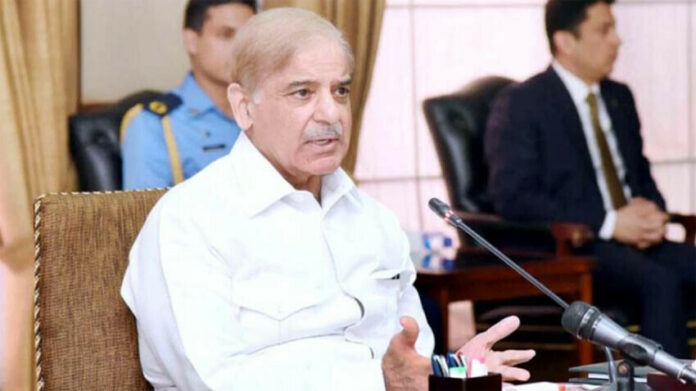Prime Minister Shehbaz Sharif has constituted a high-level committee to monitor petroleum product prices and supply conditions in light of the recent escalation in Middle East tensions. The move follows Israel’s latest strikes on Iran and growing volatility in global oil markets.
According to a statement issued by the Ministry of Finance on Monday, the committee is chaired by Finance Minister Muhammad Aurangzeb and includes senior officials from key federal ministries, regulatory bodies, and energy sector experts. Its primary responsibilities include tracking international petroleum prices, evaluating supply chain risks, and assessing the foreign exchange and fiscal implications of ongoing regional instability.
The committee is tasked with monitoring futures markets for petroleum products and determining the potential impact of prolonged volatility on domestic supply and pricing. It will also evaluate short- and medium-term foreign exchange exposure arising from price fluctuations and recommend policy options if the need arises. Another key function will be to assess the fiscal impact in case the conflict in the region extends over a longer duration.
The formation of the committee comes amid rising concern about possible disruptions to energy exports through the Strait of Hormuz, a key transit route for around one-fifth of the world’s oil supply. On Monday, oil prices remained volatile after surging 7% on Friday. Brent crude rose by 64 cents to $74.87 per barrel, while West Texas Intermediate crude gained 76 cents to reach $73.74 per barrel.
Renewed hostilities over the weekend, including Iranian missile strikes on Tel Aviv and Haifa, have raised the possibility of a broader regional conflict. Civilian casualties have been reported, and both sides have issued warnings urging residents to take precautions.
In its inaugural meeting held the same day, the committee reviewed global and local market dynamics and noted that Pakistan currently maintains sufficient petroleum stockpiles. While no immediate threat to supply was identified, the committee stressed the importance of close monitoring given the evolving situation.
To facilitate timely updates and coordinated responses, a working group will track developments daily, while the full committee will convene weekly to review the situation and submit recommendations to the prime minister. The Petroleum Division has been assigned to provide administrative support and ensure implementation of the committee’s decisions.
The government has reiterated its commitment to maintaining energy security, ensuring supply continuity, and addressing fiscal and foreign exchange risks in a coordinated manner.




